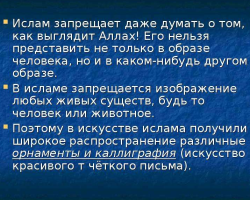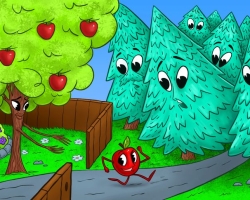A selection of developing tasks for children “find excess” with which you can prepare your child for school, as well as, if desired, improve performance in important subjects.
Content
- Developing task "Find extra in the picture"
- Developing task "Find an extra word in each line"
- Developing task "Find the excess in each group of words"
- Developing task "Find an extra row"
- Developing task "Find too much and explain in simple words"
- Developing task "Find and emphasize the excess"
- Developing task "Find an extra offer"
- Developing task "Find an extra number"
- Developing task "Find extra from the point of view of logic"
- Developing task "Find an extra object"
- Developing task "Find too much and cross out"
- Video: Find an extra item. Development of thinking
Developing tasks “find excess” is an ideal way, in a playful way, to develop ingenuity, observation and perseverance of a preschool child. Such tasks can also be used in elementary school in order to teach the student to correctly concentrate on the tasks set for him.
Developing task "Find extra in the picture"
This selection of developing tasks for children is suitable for the smallest, those who still know the world around them visually. And for the baby it was interesting to engage in, first let him make a drawing with bright ones with paints and colored pencils, and only after that offer to look for extra objects.
Developing task "Find the excess in the picture":










Developing task "Find an extra word in each line"
IMPORTANT: Keep in mind that such tasks should be offered to children who can read well. If the child is only getting acquainted with the alphabet, opt for pictures with objects. We must also remember, the younger the child performing the task, the easier the words should be.
Developing task “Find an extra word in each line”:










Developing task "Find the excess in each group of words"
Developing task "Find the excess in each group of words":










Developing task "Find an extra row"
Figures can also be used for developing tasks “Find too much”. But you must understand that not all children can do such semantic loads. If the baby is not friends with mathematics, then select the simplest tasks for him.
Developing task "Find an extra row":








Developing task "Find too much and explain in simple words"
If you want the child to develop quickly enough, try to give him diverse tasks. So, for example, periodically complicate the tasks. Invite the baby not only to find an extra word, number or object in the picture, but also ask to logically explain his choice.
The developing task “Find the excess and explain in simple words”:

- 1 row - Excess rooster, he is a poultry
- 2 row - Excess bowl, table device, not furniture
- 3 row - extra trousers, clothing item, all the rest of the vegetables
- 4 row - Excess chair, is the subject of furniture

- 1 row - Extra boy, all other girls
- 2 row - Excess potatoes, it is vegetable
- 3 row - extra cherries, they are not toys
- 4 row - Extra cubes. This is a toy, not a piece of furniture

- 1 row - Pay attention to the apple, it is a food product
- 2 row - Pay attention to the machine, everything else is food

- 1 row - Extra spruce, not a flower
- 2 row - Excess indoor slippers, shoes, not a table item
- 3 row - Excess hat, headdress
- 4 row - Excess suitcase, all the rest of the cars
- 5 row - Excess pear, it belongs to fruits

- 1 row - extra glasses, all the rest
- 2 row - Excess shoes, these are shoes
- 3 row - extra trousers, they are not a headdress
- 4 row - Excess bench, all the rest of the living trees

- 1 row - Excess rabbit, he is an animal
- 2 row - Excess tomato, it is a vegetable

- 1 row - Excess apple, this is a fruit
- 2 row - Excess potatoes, refers to vegetables
- 3 row - Extra grenade, this is a fruit

- 1 row - Excess strawberries, this is a berry, not a mushroom
- 2 row - extra bike, everything else refers to furniture items

- 1 row - Excess som, he cannot live on land
- 2 row - An extra bird, although it flies, it is not an insect
- 3 row - extra train, he cannot move around the water
- 4 row - Excess plane, it flies through the air
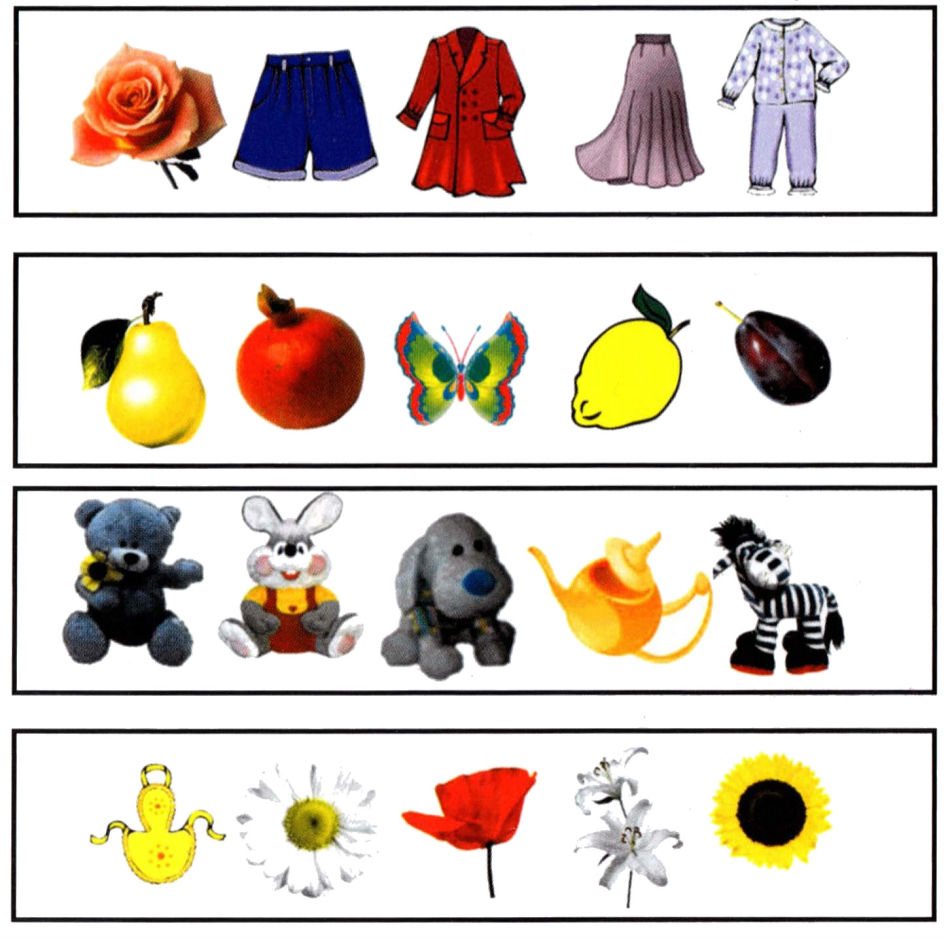
- 1 row - Extra rose, this is a flower, not a clothing item
- 2 row - Excess butterfly, she is an insect, not a fruit
- 3 row - Extra kettle, everything else toys
- 4 row - Extra apron, all the rest flowers
Developing task "Find and emphasize the excess"
Developing task “Find and emphasize the excess”:










Developing task "Find an extra offer"
If your baby can read quite tolerably, you can offer him tasks with sentences. So you will improve reading and develop logical thinking. Below you can find examples for such classes.
Developing task "Find an extra sentence":
- Delicate daisies grow in the field.
- Fluffy peonies blossomed in our garden.
- After the rain, I like to run around the puddles.
Correct answer - 3 The sentence is not suitable in meaning, it is not about colors.
- I really love sweet apples.
- My mother cannot live without fragrant pears.
- Dad often buys us apples and pears.
- Today my grandmother decided to treat me with a beet salad.
Correct answer - 4 The sentence is not suitable in meaning, it mentions a vegetable, not a fruit.
- I like to celebrate my birthday with my relatives.
- Today we have a glorious family in the garden with the whole family.
- Very soon we will celebrate the most fun holiday - New Year.
Correct answer - 2 The sentence does not fit in the meaning, it does not mention the holiday.
Developing task "Find an extra number"
Mathematical tasks are not very popular among children, but still with their help, attentiveness and logic develops best.
Developing task "Find an extra number":










Developing task "Find extra from the point of view of logic"
Developing task “Find the extra in terms of logic”:







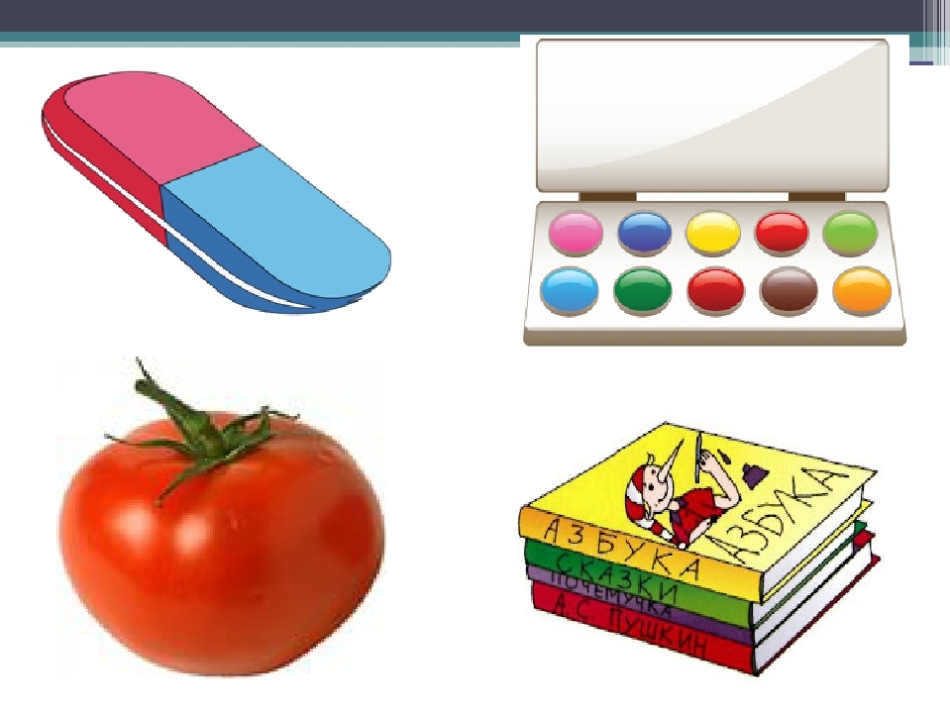


Developing task "Find an extra object"
Developing task "Find an extra object":


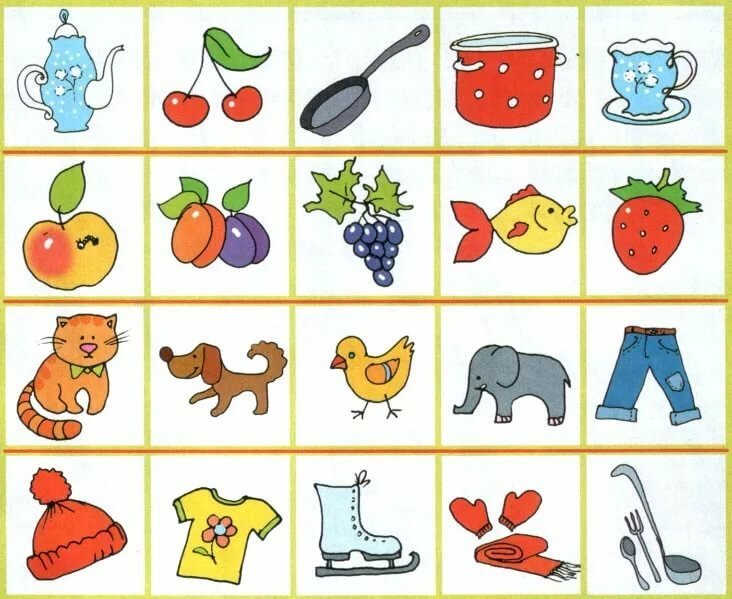





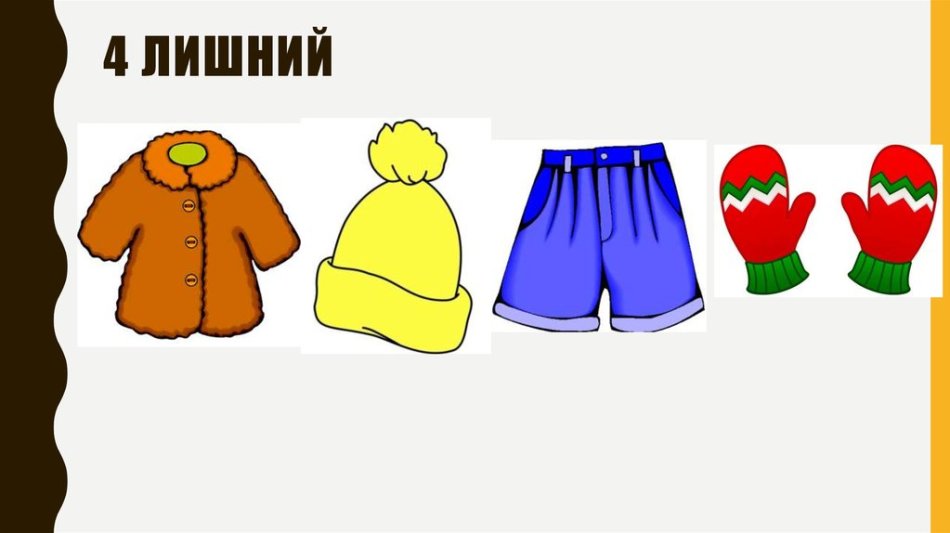
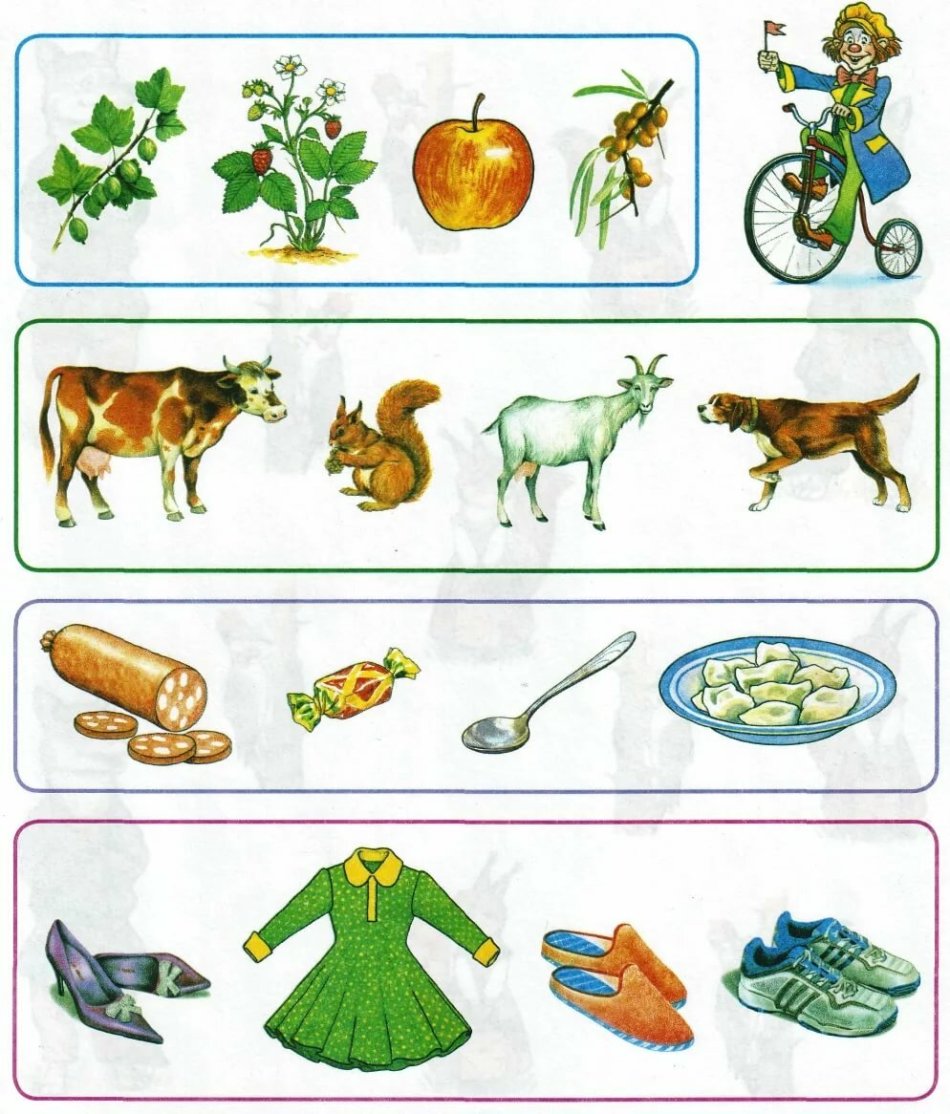
Developing task "Find too much and cross out"
Developing task “Find too much and cross out”:




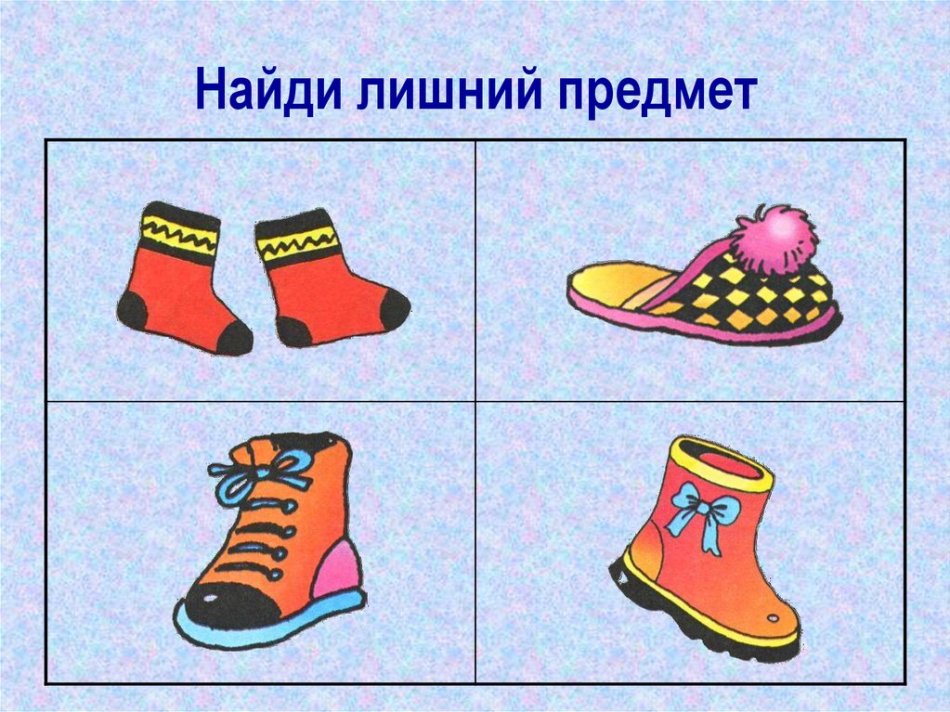





Video: Find an extra item. Development of thinking
Read also on our website of articles for the development of children:
- Self -reading, training, development of quick reading of children and schoolchildren 7, 8, 9, 10 years old
- Developing active games for children from 8 years old, for erudition, logic, development of musical, mathematical skills, imagination
- Games for children 6 years old for the development of speech, mathematical abilities, logic, memory, imagination.
- Developing games for children from 5 years old for the development of attention, memory, logic, speech, auditory perception, the ability to perceive colors.
- Developing games for children from 3 years old to develop speech, phonemic hearing, thinking and logic, memory






